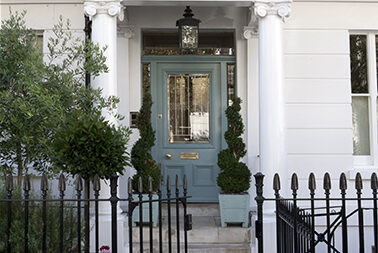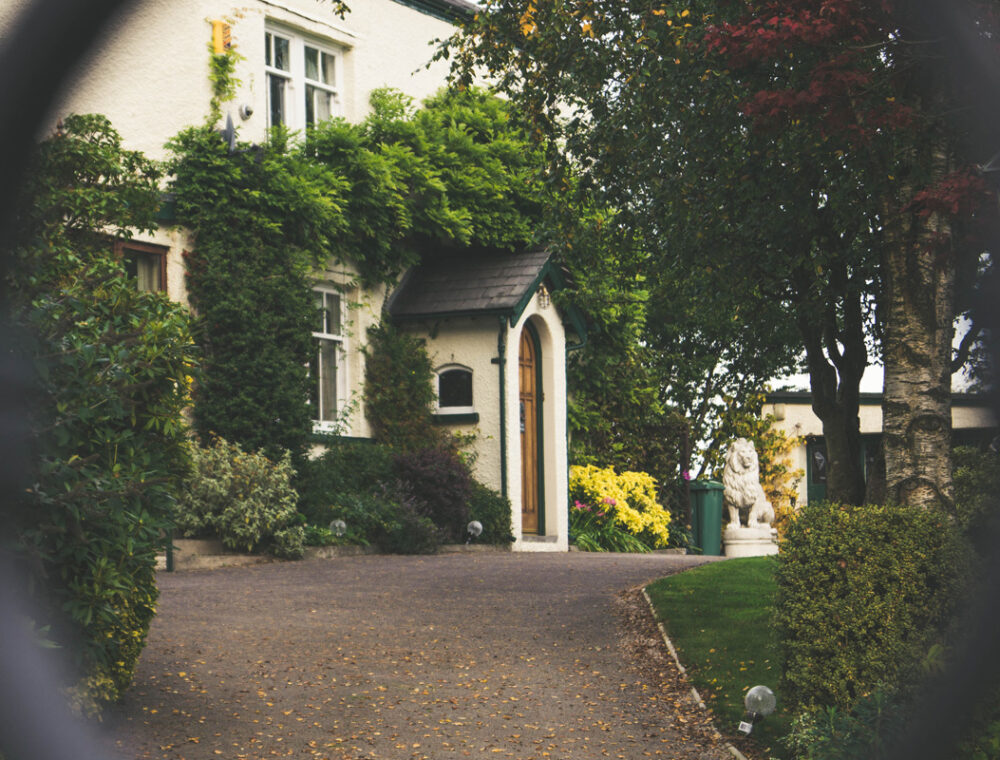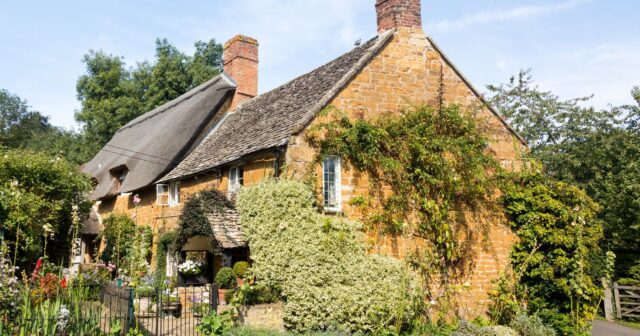
Auctions are brilliant for finding those unusual, rarer properties that an estate agent would struggle to market and thus sell. Perfect for anyone looking to spot a bargain, auctions can be a quick way of getting your hands on a property without having to deal with a lengthy chain. However, property auctions are not without their pitfalls. Taking advice from a property finder and other professionals can help minimise those risks, helping you to know exactly what you’re letting yourself in for.
Why buy property at auction?
For many people it is the immediacy of a property auction that draws them in. As soon as the hammer goes down, a sale is definitively agreed in legal terms. There’s no negotiations, haggling or back and forth. You cannot be gazumped and you have full sight of all the bids being made. With years of often frustrating transactions behind them, our property finders can certainly see the attraction. However, just as with a standard sale, there are no guarantees. If you get embroiled in a bidding war, the price can quickly climb and there is absolutely no guarantee that you will come out on top. Legal fees and stamp duty still apply and you’ll need to pay an additional auction fee, generally between £200 and £300.
Assessing Properties With A Property Finder
The key to property auctions lies in the preparation. A catalogue will be released a month in advance of the auction to allow you to view properties and draw up a shortlist. If you are looking at a wide area it might be worth subscribing to the mailing lists of multiple auction houses. With a shortlist drawn up, you can arrange some viewing appointments, or alternatively, have a property finder do so on your behalf. A property finder would compile a report on the property, complete with photos and video, and provide advice based on years of property experience.
When viewing more dilapidated properties, consider their potential not just the current condition. Bear in mind that often the only reason a property has been placed in an auction is because of its condition and the risk that it would not be considered for a loan by a bank or building society . If a property is likely to require extensive work, get estimates from a trusted builder and factor them into your overall budget. We recommend that you always have some form of survey done, preferably a full structural one. A property finder can recommend both builders and surveyors.
Investigate the property’s planning history and previous applications within the local area in order to establish the likelihood of any work being approved. This is particularly important if the building is listed, located in a conservation area or if you’re seeking a change of use. In some instances, the property will already have approved planning permission or proposed plans attached.
Thoroughly read any information provided by the auction house. This could include searches conducted by the local authority, a list of fixtures and fittings, contact information for the seller, and much more. Should anything concern you, have a lawyer take a look.
Getting Your Finances In Order
Be sure of your funding situation before you ever consider putting a bid on a property. Instead of making plans based solely on the auction house’s suggested guide price, compare it to previous local sales and seek an independent valuation. If the guide price rises in the days leading up to the sale, it can be a strong indication of high interest. Unless you are making a full cash bid, you really need to arrange a mortgage in principle prior to the auction. This is simply a document from a prospective mortgage provider in which they agree to ‘in principle’ provide you with all the necessary funds.
In a typical property auction, the buyer is asked to pay a 10% deposit immediately. The following 90% must then be paid within 29 days. Failure to meet these terms could result in you losing the 10% deposit as well as the house. On the day you will need to provide proof that you can afford that 10%, as well as proof of identity. Should you back out of a sale, you will likely be asked to cover the costs of re-listing it. Some auction houses will also make cover any shortfall following a subsequent sale.
On the day of the auction itself, don’t get caught up in the excitement and overstretch yourself in the heat of the moment. No property is worth ruining your finances for!
Any Buying Agent Partnership provider will be more than willing to advise you on potential auction properties. Contact us on 0330 223 6339 to discuss how we can help you.











